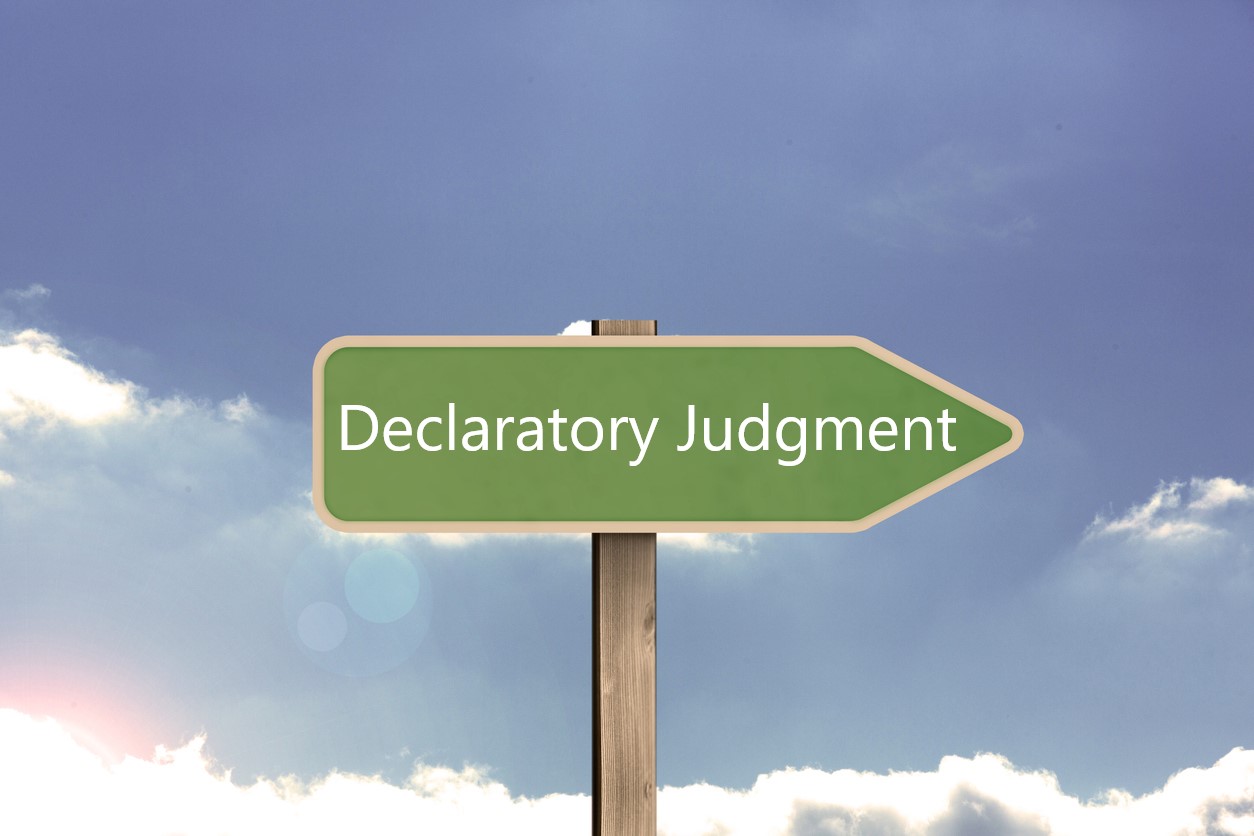People’s Trust Insurance Company (“PTIC”) is well-known for invoking the “election to repair” policy provision once it determines a covered cause of loss occurred to property by a peril insured against under the policy.
In conjunction with the “election to repair” clause, PTIC offers Endorsement E023 – “Preferred Contractor Endorsement” in exchange for a premium credit. This is a trap for many homeowners.
On April 15, 2020, Florida’s Third District Court of Appeal held PTIC stated a legally sufficient cause of action for declaratory relief against its insureds under a homeowner’s insurance policy.1 The underlying case tests an insurer’s right to enforce an “election to repair” policy provision and the insured’s right to repudiate that election under the policy terms and conditions.2
On January 30, 2017, the insureds suffered a water loss from a broken pipe. On March 9, 2017, the insurer inspected the property and investigated the water loss. On March 20, 2017, the insurer issued correspondence to the insureds acknowledging coverage for the loss and notified the insureds of its election to use its contractor to repair the property. The insurer enclosed a proposal for the scope of repairs pursuant to the “Preferred Contractor Endorsement.”3
Six months later, PTIC filed a lawsuit seeking:
- Declaratory relief as to the parties’ rights and obligations under the insurance policy; and
- a judgment for anticipatory repudiation and breach of the policy terms. In response, the insureds moved to dismiss for failure to state a cause of action. The trial court ruled for the insureds and dismissed PTIC’s complaint.
On appeal, the Third DCA explained, “[a] motion to dismiss a complaint for declaratory judgment is not a motion on the merits. Rather, it is a motion only to determine whether the plaintiff is entitled to a declaration of rights, not to whether it is entitled to a declaration in its favor.”4 A complaint for declaratory relief must show:
(1)A bona fide, actual, present practical need for the declaration; (2) The declaration deals with a present, ascertained or ascertainable state of facts or present controversy as to a state of facts; (3) Some immunity, power, privilege or right of the complaining party is dependent upon the facts or the law applicable to the facts; (4) There is some person or persons who have, or reasonably may have an actual, present, adverse and antagonistic interest in the subject matter, either in fact or law; (5) The antagonistic and adverse interest[s] are all before the court by proper process or class representation and (6) The relief sought is not merely giving of legal advice by the courts or the answer to questions propounded from curiosity.5
Florida residential insurance policy forms often contain an election-to-repair endorsement, and courts have repeatedly analyzed the legal sufficiency of these endorsements.6 Disagreements between an insurer and its insured concerning the parties’ obligations under the policy are proper issues before a court on a declaratory judgment action. The purpose of a declaratory judgment is “to afford parties relief from insecurity and uncertainty with respect to rights, status, and other equitable or legal relations.”7
Here, the insurer filed an action seeking declaratory relief regarding the duties of the parties under the insurance policy and, specifically, the insureds’ obligation to comply with the election-to-repair clause once invoked. The appellate court noted this “is the kind of concrete scenario addressed by Florida’s declaratory judgment statute.”8
In prior lawsuits, this insurer has been unsuccessful in seeking to enforce an election-to-repair provision with a count for injunctive relief (e.g., an effort to compel the insureds to execute work authorizations and allow contractors and related parties to enter the home to perform the repairs). Basic contract principles provide that equitable remedies are generally unavailable when there are adequate remedies at law.
______________________________
1 People’s Trust Ins. Co. v. Franco, No. 3D18-2178, 2020 WL 1870361 (Fla. 3d DCA April 15, 2020).
2 The Third DCA did not render an opinion on whether People’s Trust would be successful in proving the allegations contained in the complaint.
3 In the instant matter, the insureds retained a public adjusting firm to assist them in obtaining the benefits owed under the policy. An insurer’s invocation of the elect to repair clause or a preferred contractor endorsement essentially forces the insured to allow the insurance company to repair the property. Policyholder advocates may be out of luck on payment for services rendered on a contingency basis.
4 Id. at *2. quoting (Romo v. Amedex Ins. Co., 930 So.2d 643, 648 (Fla. 3d DCA 2006)).
5 Id. at *3.
6 Id. at *2.
7 Id. at *6 citing (Coal. for Adequacy & Fairness in Sch. Funding, Inc. v. Chiles, 680 So. 2d 400, 404 (Fla. 1996)).
8 Id. at *9; see also Fla. Stat. §86.011.




